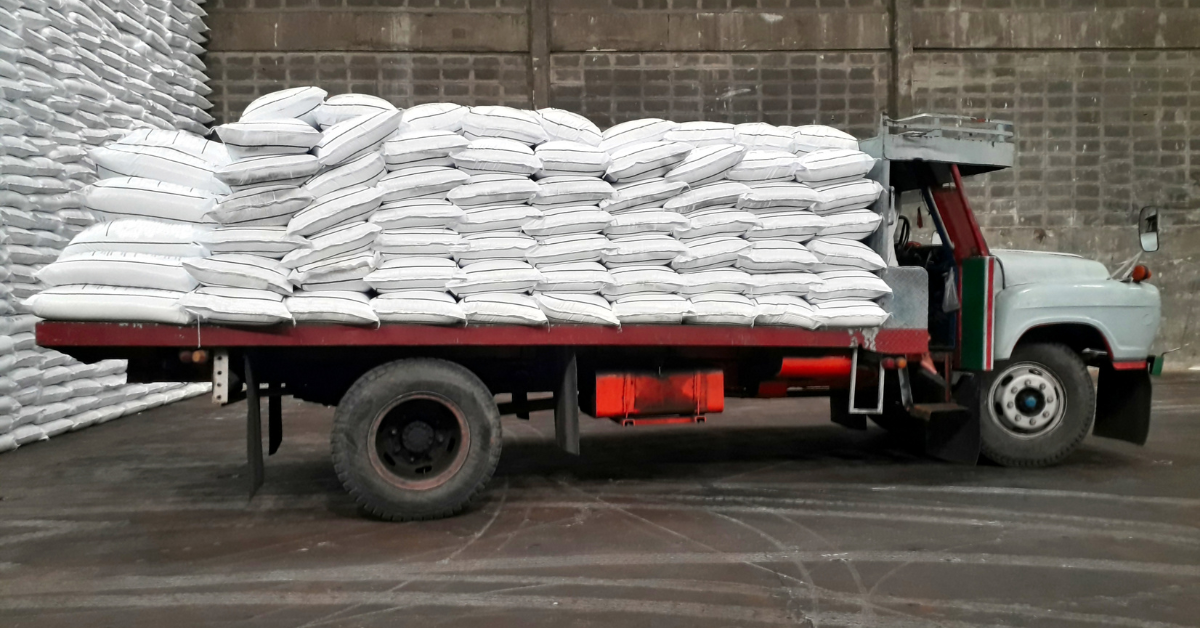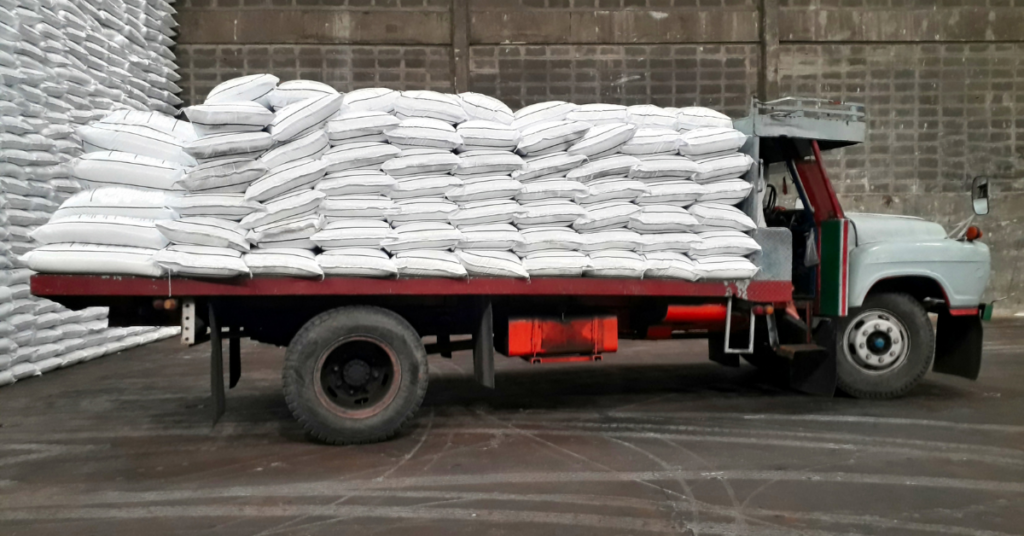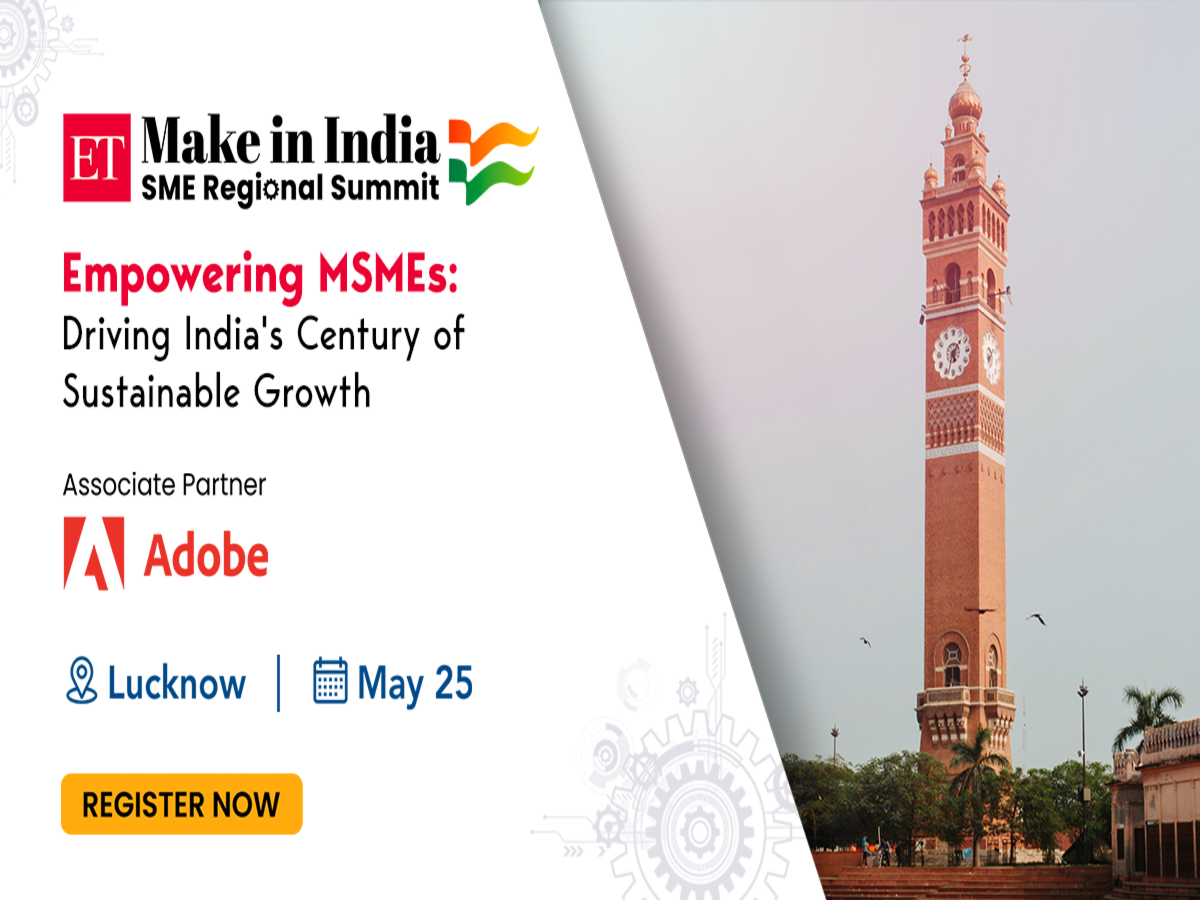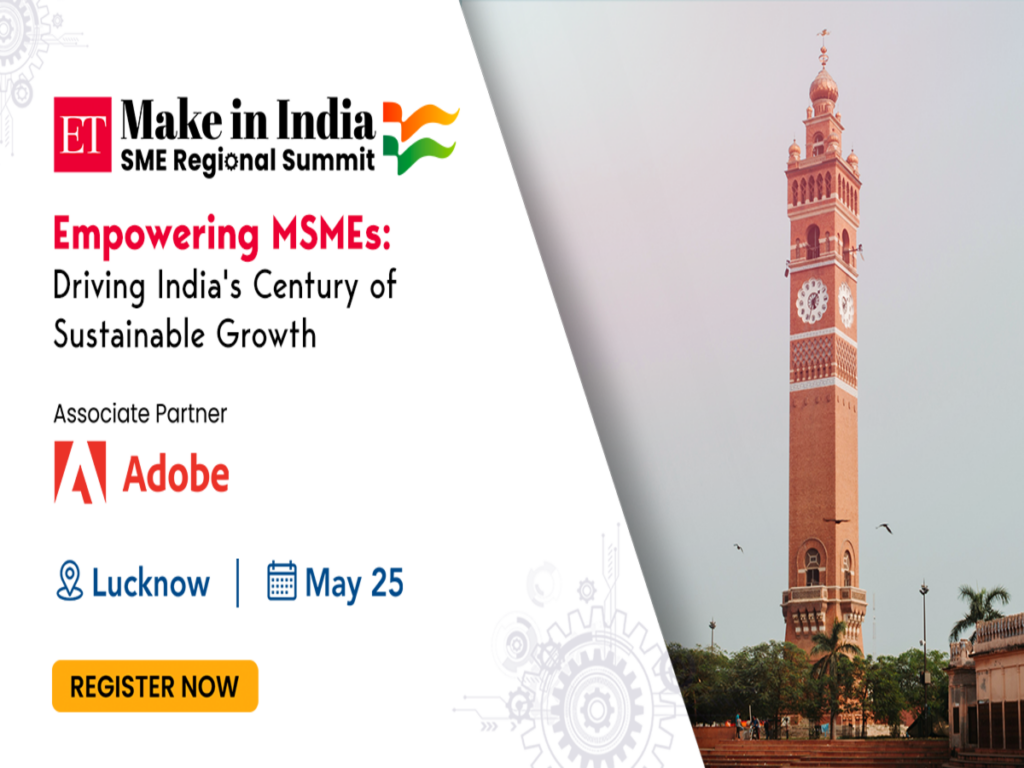
Exploring the Impact of India’s Evolving GCC Landscape on Fintech Innovation for SME Sector Growth
Through inventive strategies and cooperative endeavors, Global Capability Centers (GCCs) are playing a pivotal role in developing pioneering products and services aimed at fostering financial inclusivity.
Initially established to capitalize on India’s cost-effectiveness, GCCs have evolved into crucial hubs for driving innovation and development across various sectors. Leveraging India’s technological prowess and skilled workforce, these centers offer a spectrum of services, including tech research, finance, audit, and operational support for their parent organizations worldwide.
The SME sector has long grappled with limited access to credit. Fintech innovation, powered by advanced technologies like artificial intelligence (AI), machine learning (ML), blockchain, and big data analytics, holds the key to addressing this challenge. With access to a diverse talent pool comprising engineers, data scientists, and banking experts, GCCs are well-positioned to lead innovation in areas such as digital payments, lending, risk management, and customer engagement. This influx of talent not only benefits multinational corporations but also enriches the broader finance ecosystem on a global scale.
For instance, JP Morgan’s Bengaluru global service center is expanding its scope to develop digital transformation solutions for its global operations. The team in India has created Story, a platform facilitating commercial real estate management, rent processing, market analysis, and tenant screening for smaller multifamily owner-operator businesses.
GCC-driven advancements enable the swift delivery of customer-centric personalized solutions, streamline banking platforms, and transform payment and lending solutions. These digital innovations are particularly beneficial for small businesses, which often require timely access to capital to seize growth opportunities or address cash flow challenges.
Moreover, GCCs foster knowledge sharing and collaboration among diverse business units. NatWest’s India centers, for example, collaborate closely with UK teams on core engineering projects, driving digital transformation and enhancing accessibility to banking services for customers.
Additionally, GCCs and fintech companies in the BFSI sector collaborate in areas such as digital lending, payments, and risk monitoring to adapt to the evolving financial landscape. GCCs prioritize upskilling their talent in emerging tech areas to stay abreast of evolving technologies.
In conclusion, India’s GCCs are driving digital transformation and fostering financial inclusion through innovative strategies and collaborative efforts, shaping the fintech landscape to better serve the needs of SMEs and other stakeholders.

















